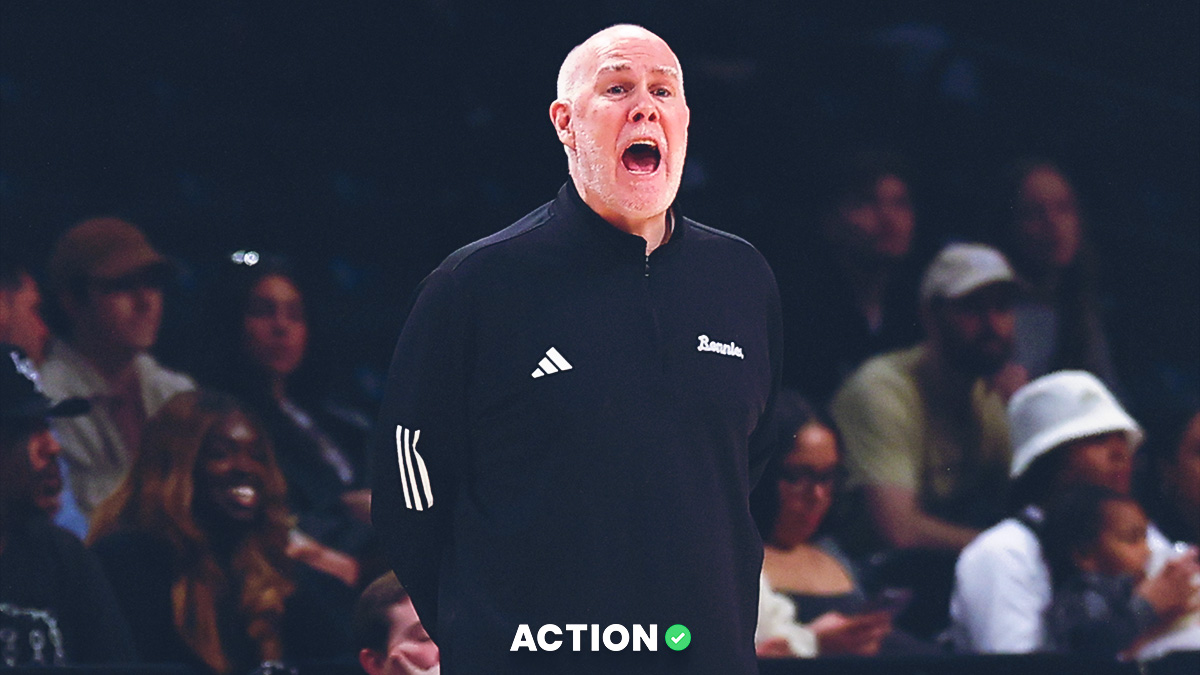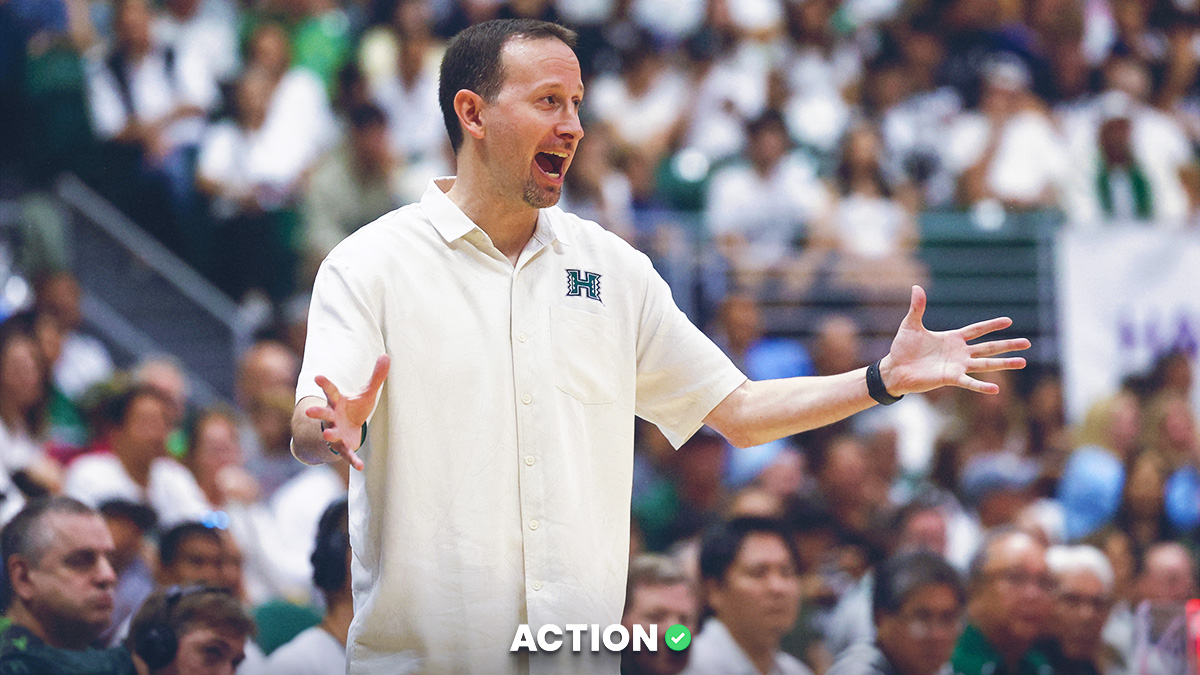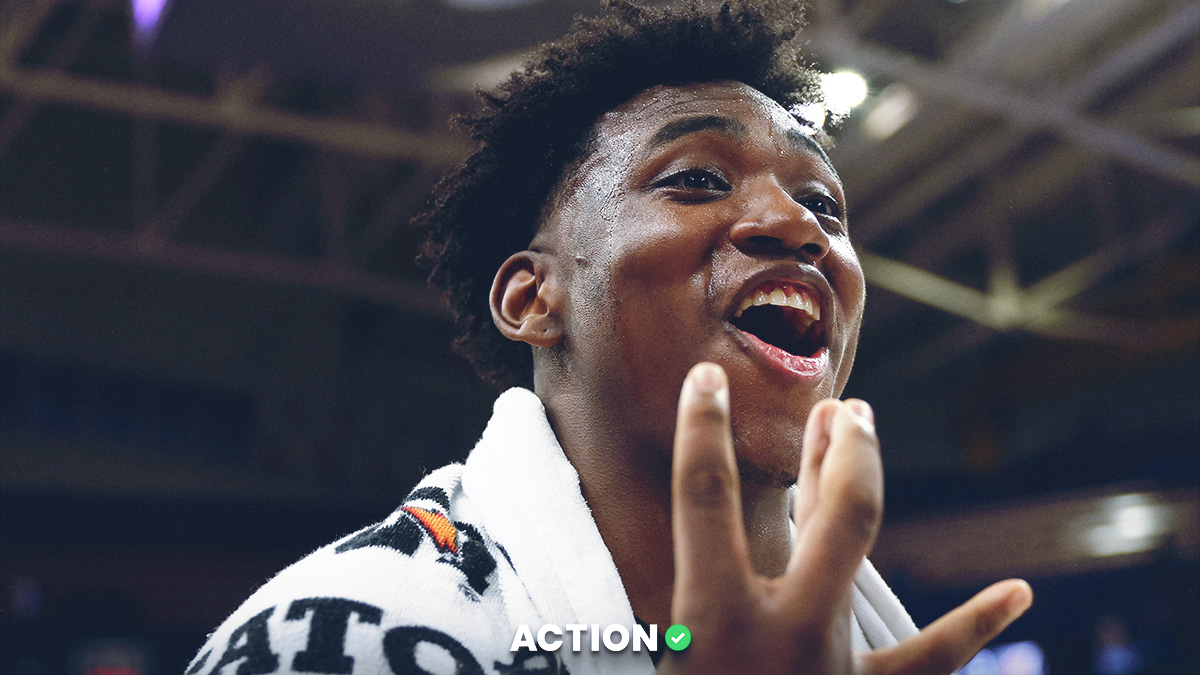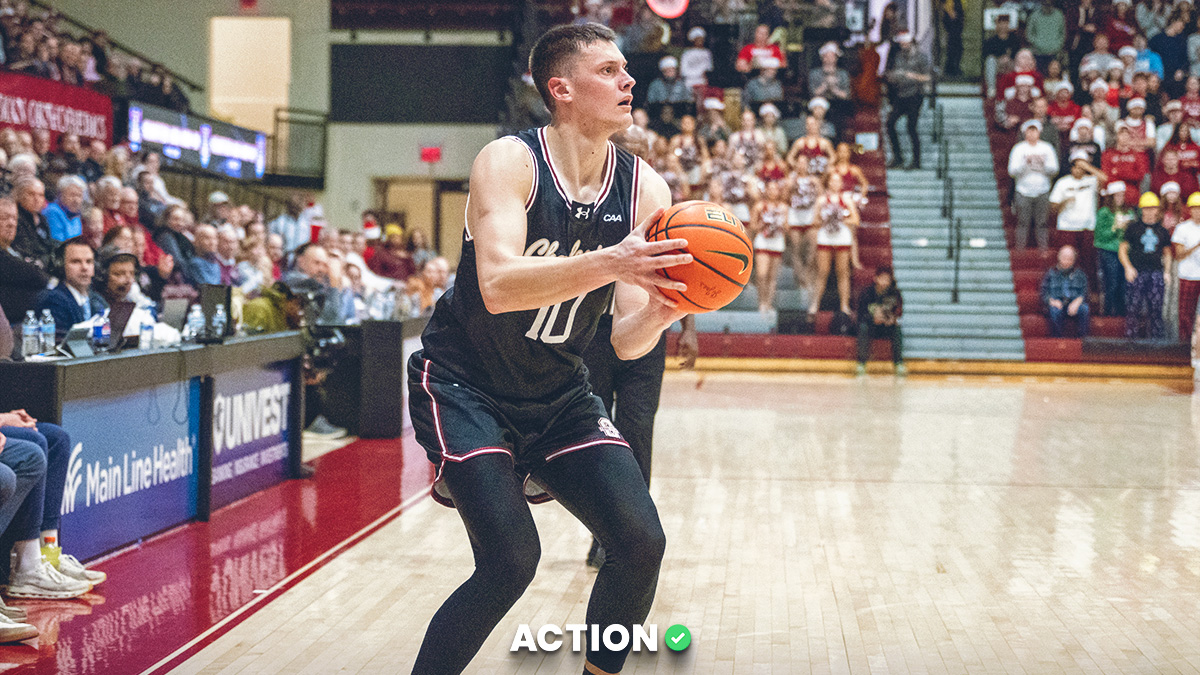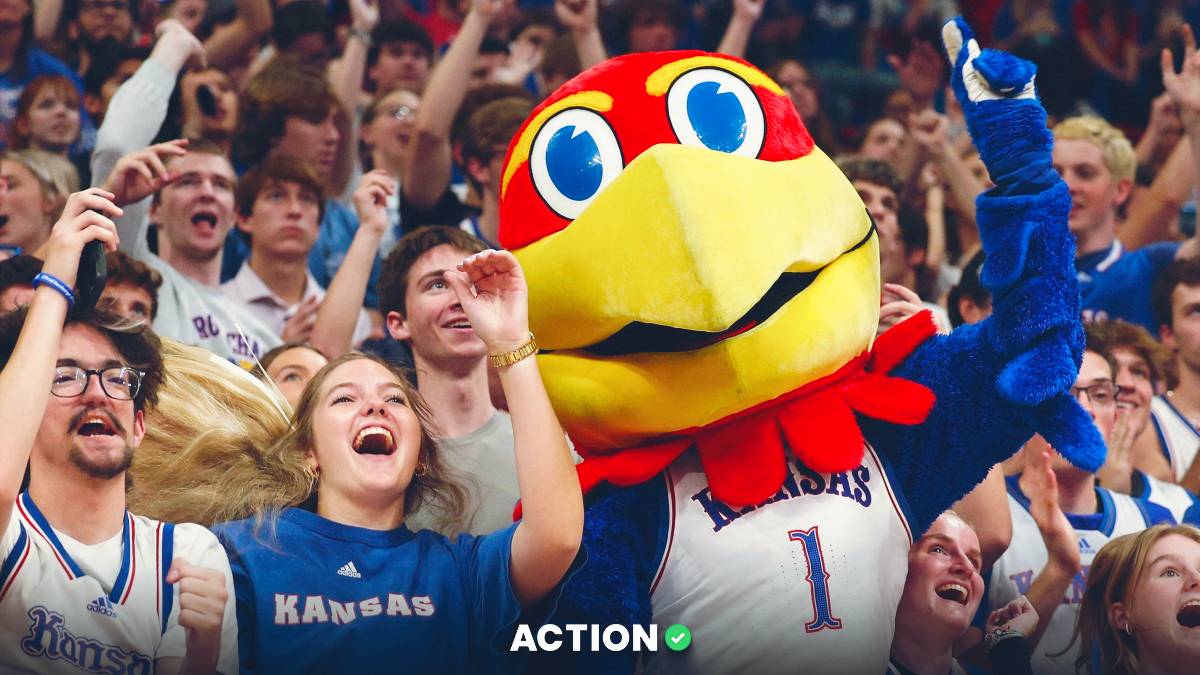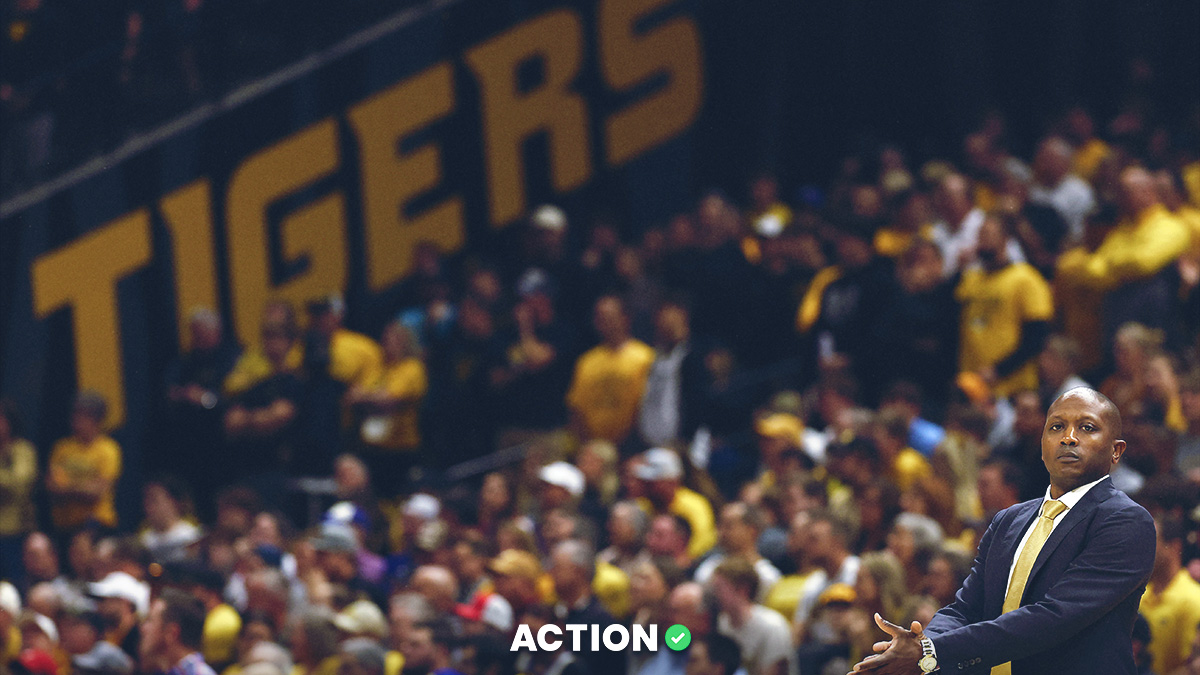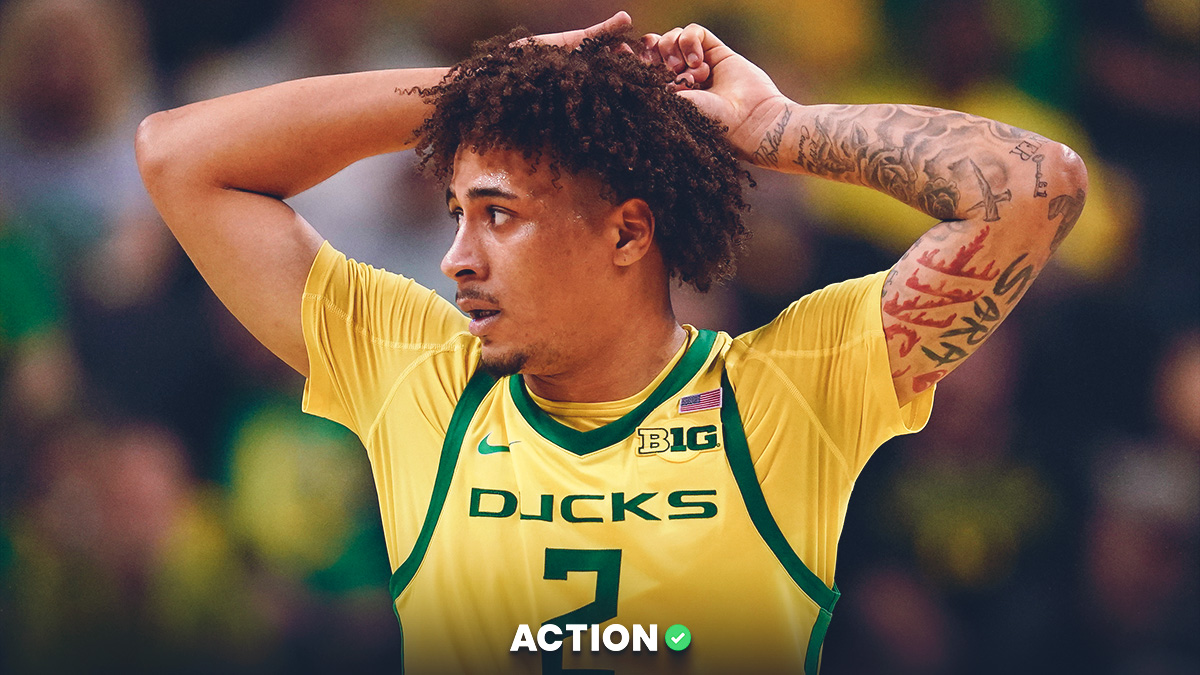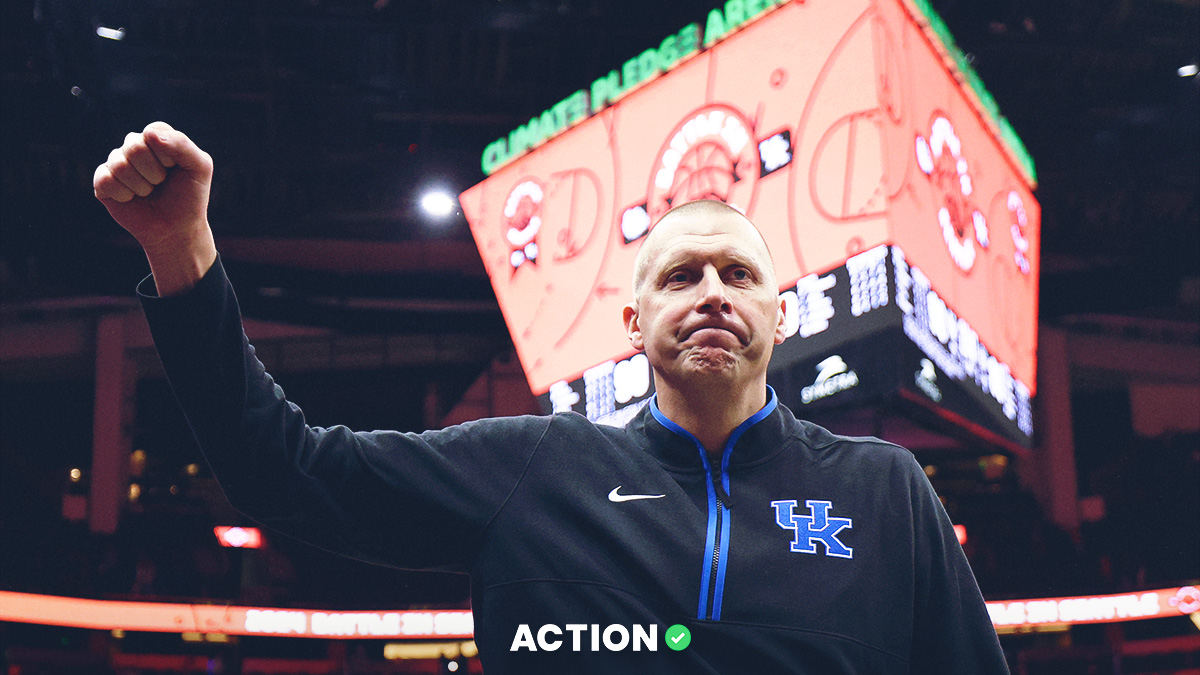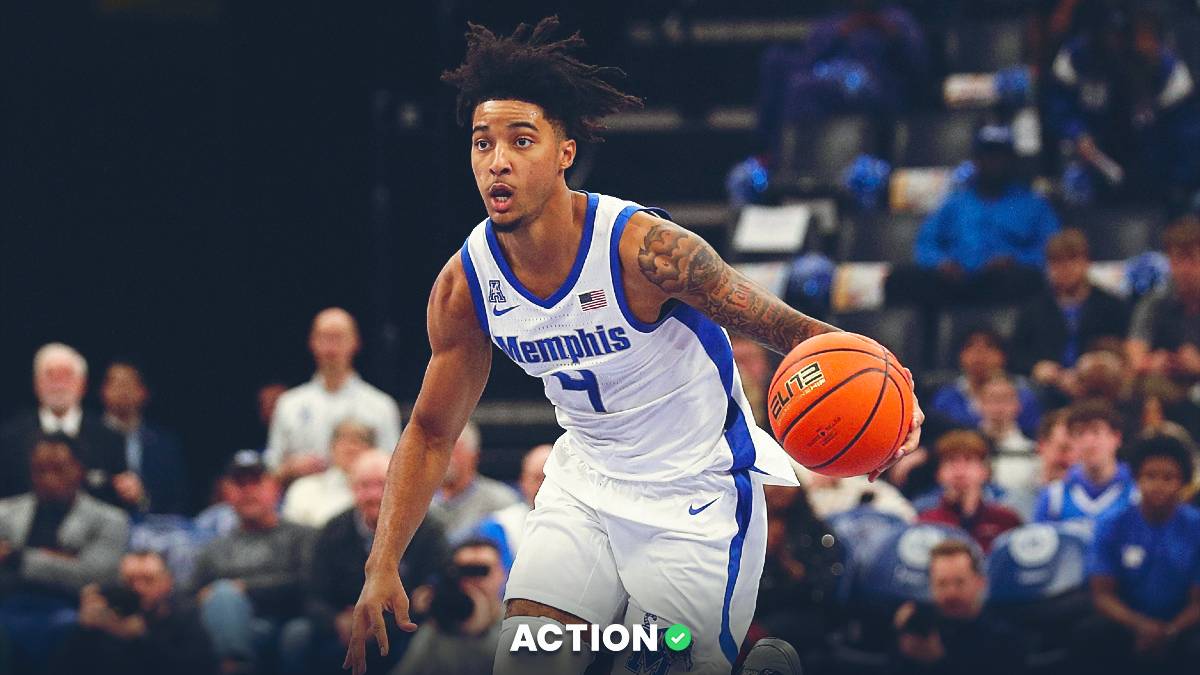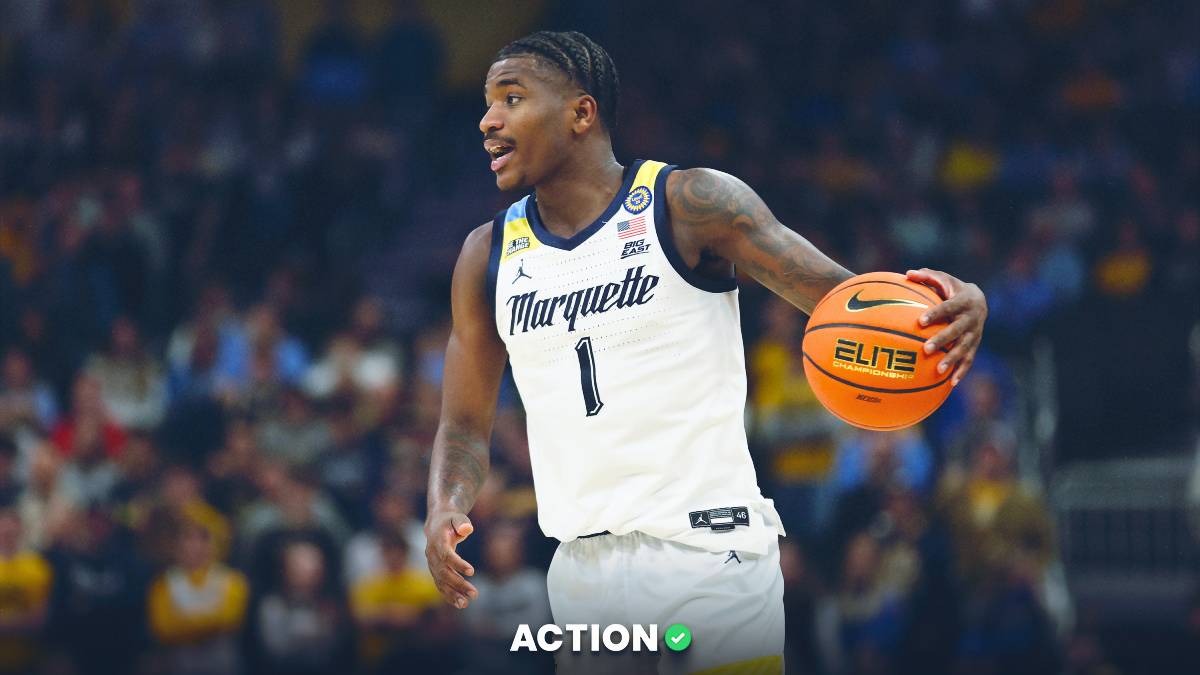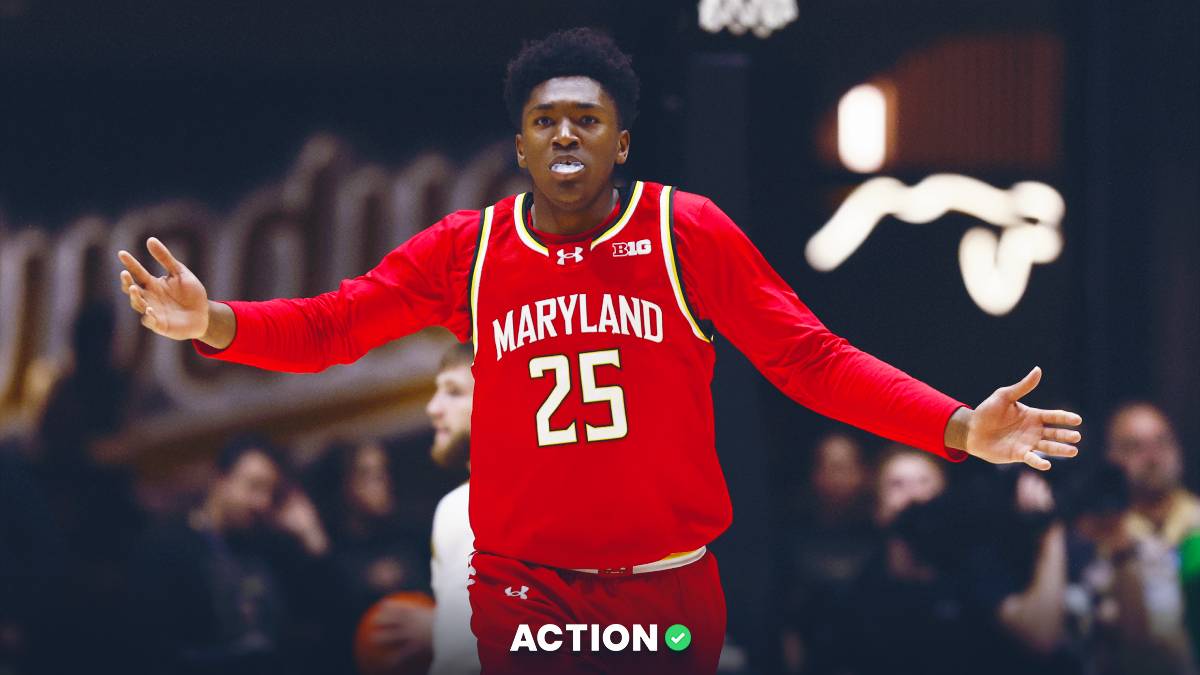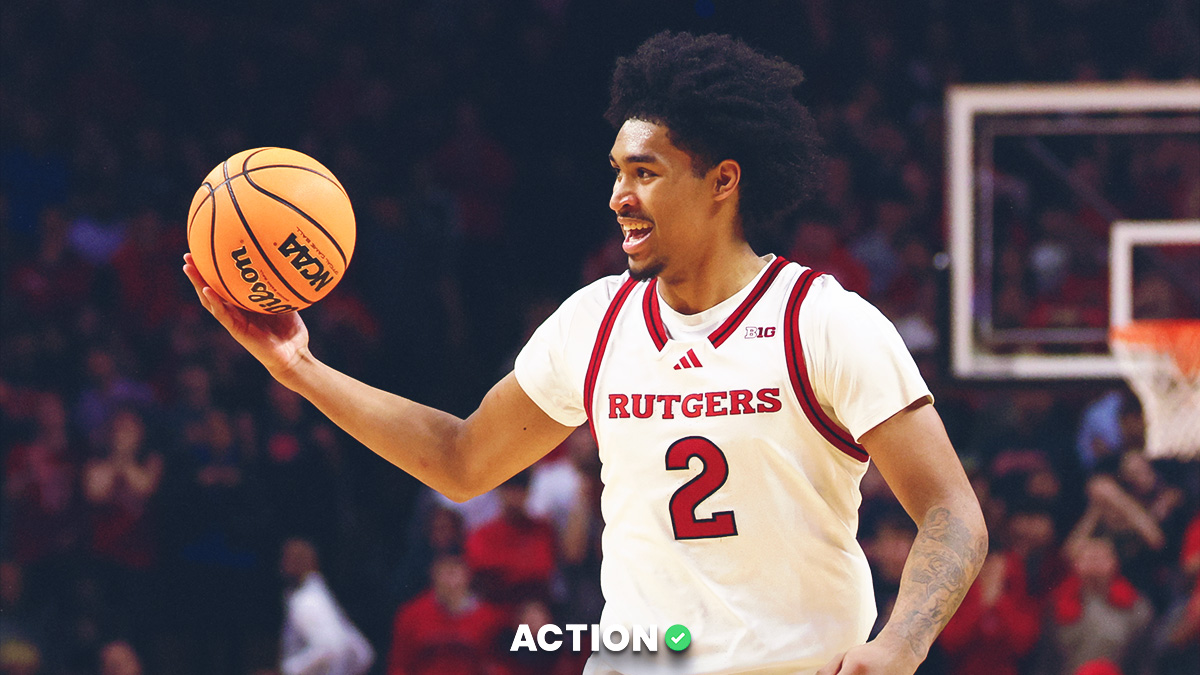Editor's Note: This story was originally published on March 20, but has been updated with Virginia set to meet Texas Tech in the National Championship Game.
The 2018 NCAA Tournament was full of awful memories for top-seeded teams.
Virginia, Michigan State, Tennessee, North Carolina, Cincinnati and Xavier — all top-three seeds — failed to advance past the first weekend. You'd have to go all the way back to 2000 to find the last time more than six top-three seeds lost straight-up in the first weekend of an NCAA tournament.
Talk about doing a full 180 from last season to this season.
The 1-seeded Virginia Cavaliers are playing in the National Championship Game and 2-seeded Michigan State Spartans advanced all the way to the Final Four after being bounced in the first weekend of the 2018 tournament.
Overall, favorites have gone 46-18 SU in this year's tournament — though only 30-36 against the spread — including 39-11 SU in the First Four, Round of 64 and Round of 32. (Favorites went 36-16 SU through the Round of 32 in 2018.)
And now Virginia has the ultimate opportunity to redeem its historic loss to the 16-seeded UMBC in 2018: The Cavaliers could become the third No. 1 seed to win the national championship the year after losing as a top-three seed in the opening round of the tournament since 1985.
Since 1979 — the first year seeding began within a team's respective region — 160 top-three seeds had lost SU in the first weekend heading into the 2019 tournament, including 30 teams in the Round of 64.
Here's how teams that lost in the Round of 64 or 32 performed in the NCAA Tournament the following season (between 1979 and 2017):
Of the 154 teams to have their dreams crushed in the first weekend of the tournament between 1979 and 2017, only four have gone on to win the national championship the following year:
- 2017 Villanova: Lost in Round 32 to Wisconsin; Won 2018 title
- 2015 Villanova: Lost in Round 32 to N.C. State; Won 2016 title
- 2014 Duke: Lost in Round 64 to Mercer; Won 2015 title
- 1986 Indiana: Lost in Round 64 to Cleveland State; Won 1987 title
64 Problems Creating Value?
The real apples-to-apples comparison is the raw devastation of being upset in the Round of 64.
Only five of the 29 top-three seeds to lose in the Round of 64 prior to 2018 made it past the Sweet 16 the following tournament, with just two winning the next national championship.
Virginia had early trouble with Gardner-Webb in this year's Round of 64, trailing by six points at the half. The Cavaliers surged in the second half to advance, but they failed to cover the lofty 22.5-point spread, moving the ATS mark for top-three seeds to lose in the first round of the previous tournament to just 5-9 in the Round of 64.
Virginia is 2-3 ATS in this year's tournament, but covered the two spreads by a total of only two points.
Virginia Is In Good Company
The only better comparison for top teams that were upset in the Round of 64 the year prior are teams that return as top seeds … like Virginia.
The Cavaliers were a No. 1 seed in the 2018 tournament, when they were upset by the 16-seeded UMBC. In 2019, Virginia returned as another 1-seed.
Since 1985 — the beginning of the Round of 64 — Virginia is just the third team to enter an NCAA Tournament as a No. 1 seed the year after losing as a top-three seed in the Round of 64.
Here's how the other two teams performed the following season.
2015 Duke Blue Devils
The 1-seeded Duke lost to Mercer as a 13-point favorite in 2014. The Blue Devils returned to the NCAA Tournament as a No. 1 seed in 2015, when they became just the sixth team over the past 20 years to win the national championship while going undefeated ATS (6-0) en route to the title (a list Virginia's opponent Texas Tech can join with a win Monday night).
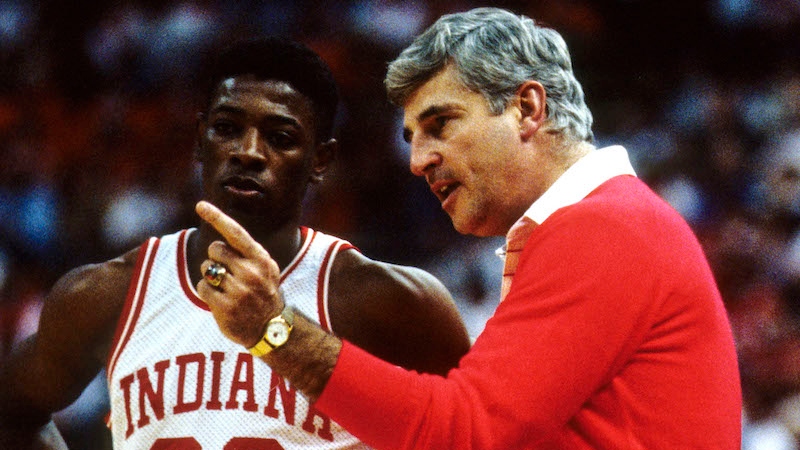
1987 Indiana Hoosiers
Indiana lost to Cleveland State, 83-79, as the 3-seed in the 1986 tournament. The Hoosiers returned as a No. 1 seed the next season and played Syracuse for the national championship.
Down 73-70 in the final minute, the Hoosiers mounted a comeback to win the title on a last-second shot by Keith Smart.






